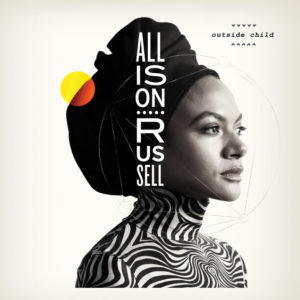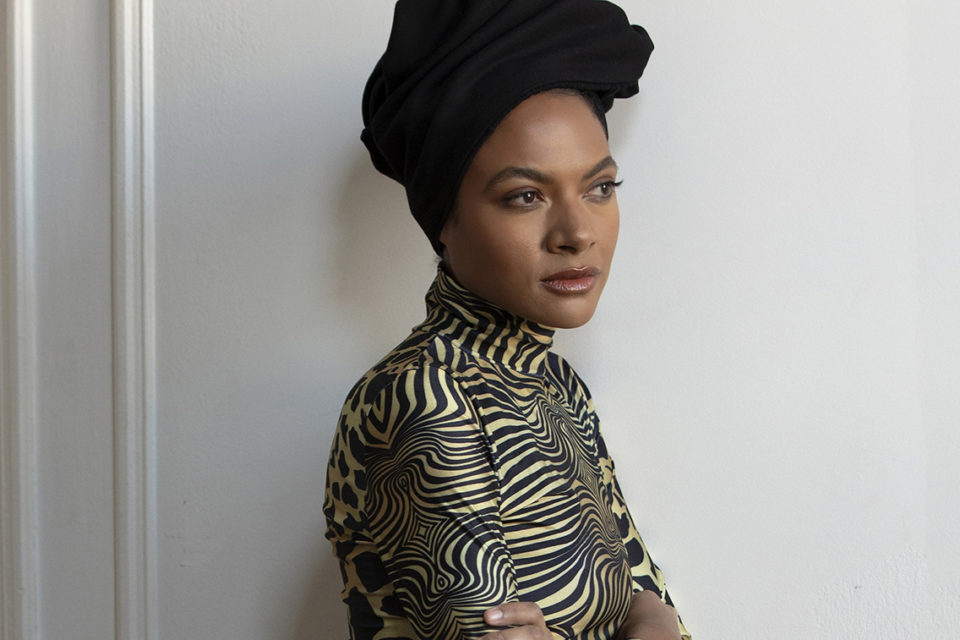
Project: Outside Child
Allison Russell has always possessed the kind of voice that makes room. Over the course of two decades, she’s yielded to the contours of her collaborations with her feathery but firm vibrato. She’s preferred to write, sing and play within a series of groups: Po’ Girl, with its jazzy, cosmopolitan singer-songwriter update of old-time sensibilities; Birds of Chicago, a duo that steeps folk-rock in the cadences and conviction of soul and gospel; and Our Native Daughters, a landmark lineup of four, historically knowledgeable, banjo-playing, Black women. Russell has brought exceptional emotional intelligence to each of these bands. Now that she’s gained necessary perspective on her own experiences and abilities, she’s proven on her first solo album, Outside Child, that her voice can also carry a story of tremendous weight, and command the spotlight in the revelatory telling of it.
It’s an autobiographical story, but it’s also far more supple and expansive than that suggests. Russell, the daughter of a Grenadian father and a Scottish-Canadian mother who dealt with undiagnosed schizophrenia, brings to light the abuse she endured at the hands of her adoptive father for a decade, but consciously resists presenting herself as a victim. The young protagonist to whom she introduces us in songs like “Persephone,” “4th Day Prayer” and “The Runner” is awake to the possibility of a better life and perpetually in motion, escaping, seeking and surviving. “It’s very easy when you’ve been habitually oppressed and repressed to feel like you are a passenger in your own life,” she reflected during our front porch interview, “and I wanted to sort of take back my agency.” Twice as we sat and talked, she emphasized, “This is not a record about trauma; it’s a record about art and community and chosen family.”
In her songwriting and performances–fleshed out with kindred spirits from the roots scene, including her partner in Birds of Chicago and life, J.T. Nero, and captured by producer Dan Knobler–Russell played with literary and poetic forms that sustained her with their mystery and insight from childhood on. She animated fable, myth and fantasy, philosophical meditation, dream sequence and epic alike with her subtly virtuosic feel for torchy chanson, Celtic folk balladry, sensual soul and an array of other styles. And she sang it all as the hero of the song cycle, lingering on lines where she finds meaning, establishing an intent and unhurried pace and laying claim to joy.

